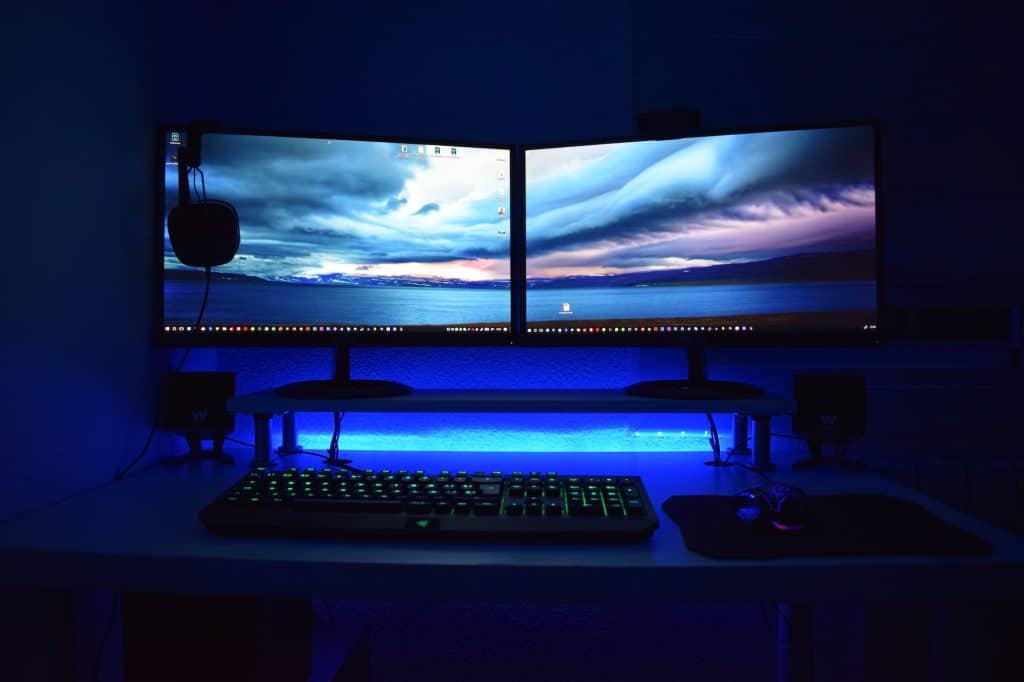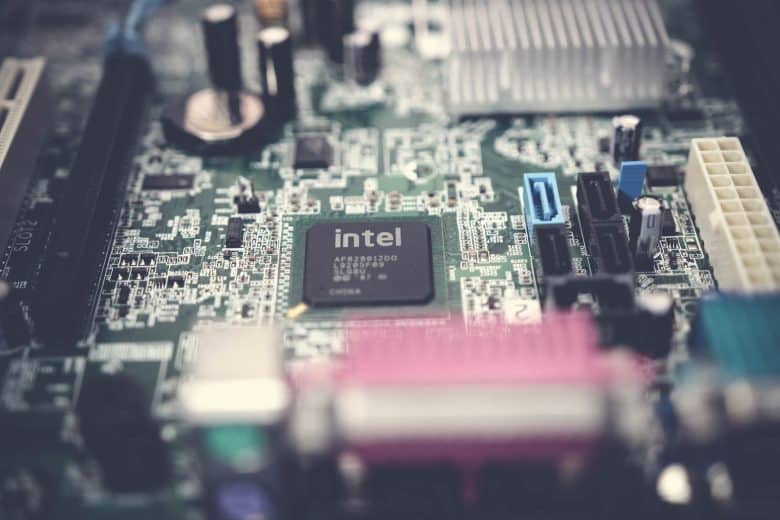When it comes to building or upgrading a PC, the central processing unit (CPU) is one of the most important components to consider. The CPU is the “brain” of your computer, responsible for executing instructions and performing all of the tasks you ask your machine to do. With so many different CPUs on the market, it can be tough to know which one is the best fit for your needs. In this article, we’ll guide you through the process of choosing the best CPU for your needs, including how to use CPU benchmarks, considerations for gaming and video editing, and the pros and cons of AMD versus Intel CPUs.
CPU benchmarks
One of the best ways to compare the performance of different CPUs is to use CPU benchmarks. These are specialized tests that measure how well a CPU can handle various tasks and workloads. There are many different benchmarking tools available, such as Cinebench, PassMark, and Geekbench, each of which measures different aspects of CPU performance. Whether you plan to build your own PC or buy one, understanding CPU performance and how it is measured is an important part of your purchasing research.
Some common metrics that are used to measure CPU performance include:
Clock speed:
This is the speed at which the CPU’s core can execute instructions, measured in GHz (gigahertz). A higher clock speed generally means that the CPU can perform tasks faster, but other factors such as the number of cores and the efficiency of the design can also impact performance.
Cores and threads:
A CPU’s core is the physical processing unit that executes instructions, and a thread is a logical processing unit that can execute instructions. A CPU with multiple cores and threads can handle more tasks at once, which can be useful for tasks such as video rendering or running multiple applications at once.
Single-threaded performance:
This measures how well a CPU can handle a single task or workload. This can be important for tasks such as gaming, which tend to be primarily single-threaded.
Multi-threaded performance:
This measures how well a CPU can handle multiple tasks or workloads at once. This can be important for tasks such as video editing, which can be resource-intensive and benefit from multiple cores.
By comparing the benchmark scores of different CPUs, you can get a sense of how they stack up against each other in terms of performance. It’s important to keep in mind that benchmark scores are just one factor to consider when choosing a CPU, and real-world performance can vary depending on the specific tasks and workloads you are running.

Best CPU for gaming
If you’re looking for the best CPU for gaming, you’ll need to consider a few factors:
Single-threaded performance:
Gaming tends to be primarily single-threaded, which means that it relies heavily on the performance of a single core. A CPU with strong single-threaded performance will be able to handle the demands of gaming more effectively.
Clock speed:
The clock speed of a CPU, measured in GHz (gigahertz), determines how fast the CPU can execute instructions. A higher clock speed generally means that the CPU can perform tasks faster, which can be beneficial for gaming.
Cores and threads:
The number of cores and threads a CPU has determines how many tasks it can handle at once. While most games are primarily single-threaded, having more cores and threads can be helpful for multitasking and running multiple applications at once.
Power consumption:
Gaming can be resource-intensive, which means that it can put a lot of strain on your CPU. A CPU with low power consumption will generate less heat and be less likely to throttle (reduce its clock speed to cool down), which can help improve gaming performance.
Compatibility:
It’s important to choose a CPU that is compatible with your motherboard and any other components you plan to use in your gaming PC. Make sure to check the compatibility of your components before making a purchase.
In general, a CPU with a high clock speed and a high number of cores and threads will offer the best gaming performance. However, it’s important to keep in mind that other factors, such as the graphics card and the amount of memory, can also impact gaming performance. Over the next couple of weeks, we will be publishing more articles like this one that dive into other components. Subscribe to our site to get updates on this and other great content!
Best CPU for video editing
There are many similarities between gaming and video editing, so several factors will be the same between these two applications. However, video editing can be a resource-intensive task that benefits from multiple cores. A CPU with strong multi-threaded performance will be able to handle the demands of video editing more effectively. Whereas a gaming CPU needs strong single-threaded performance, you are better off looking at the multi-threaded performance for video editing. The other aspects listed for gaming CPU’s apply equally to CPU’s meant for video editing.

AMD versus Intel
These two companies have been battling for decades over which one can design the best CPU. When it comes to choosing a processor for your PC, one of the biggest decisions you’ll need to make is whether to go with an Intel or an AMD processor. Both companies offer a wide range of CPUs with different performance levels and price points, so it’s important to consider which one is the best fit for your needs.
Here’s a comparison of some of the key factors to consider when choosing between Intel and AMD processors:
Performance:
Both Intel and AMD offer CPUs with a range of performance levels, from entry-level to high-end. In general, Intel CPUs tend to offer strong single-threaded performance, which can be important for tasks such as gaming and video editing. AMD CPUs, on the other hand, tend to offer good multi-threaded performance, which can be useful for tasks such as video rendering or running multiple applications at once.
Price:
Both Intel and AMD offer CPUs at a range of price points, from budget-friendly to premium. In general, AMD CPUs tend to offer good value for money, with many high-performance options at lower price points compared to Intel CPUs. However, Intel CPUs tend to offer better performance at the high end of the market.
Power consumption:
Intel CPUs tend to have lower power consumption than AMD CPUs, which can be beneficial for tasks that require long periods of sustained performance. This can be especially important for laptops, as it can help extend battery life. However, AMD CPUs tend to offer better performance-per-watt, meaning that they can deliver more performance for the same amount of power.
Compatibility:
Both Intel and AMD CPUs are compatible with a wide range of motherboards and other components. However, some components may be optimized for one brand or the other, so it’s important to check compatibility before making a purchase.
Whether you choose an Intel or an AMD processor will depend on your specific needs and priorities. If you’re looking for strong single-threaded performance and are willing to pay a premium, an Intel CPU may be the best choice for you. On the other hand, if you’re looking for good value for money and strong multi-threaded performance, an AMD CPU may be a better fit. By considering these factors, you can choose a processor that is well-suited for your needs.
Conclusion
Choosing the best CPU for your needs is an important decision that can impact the performance of your PC. By considering factors such as CPU benchmarks, the best CPU for gaming and video editing, and the pros and cons of AMD versus Intel CPUs, you can make an informed decision that will help ensure your machine is running at its best.













Leave a Reply